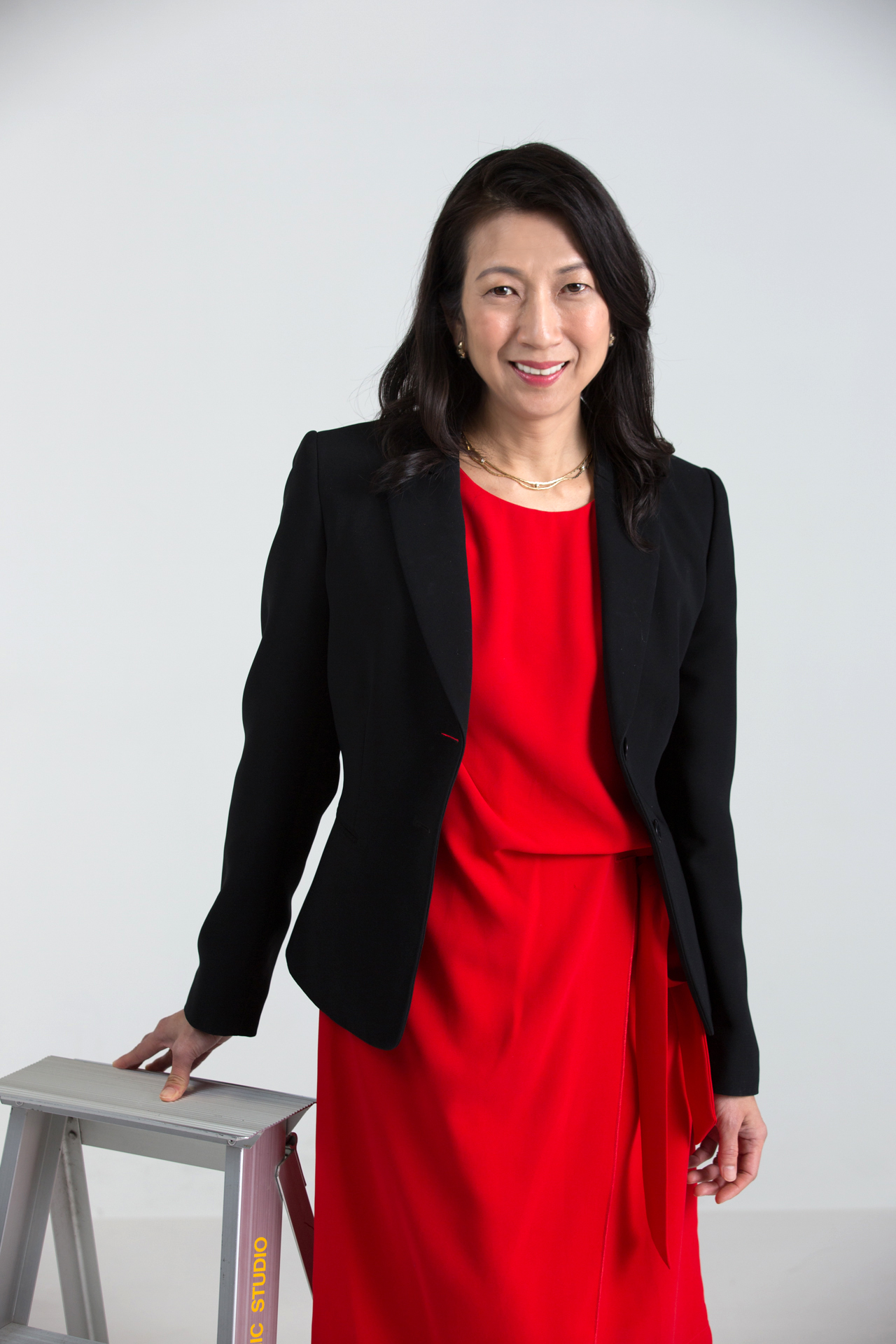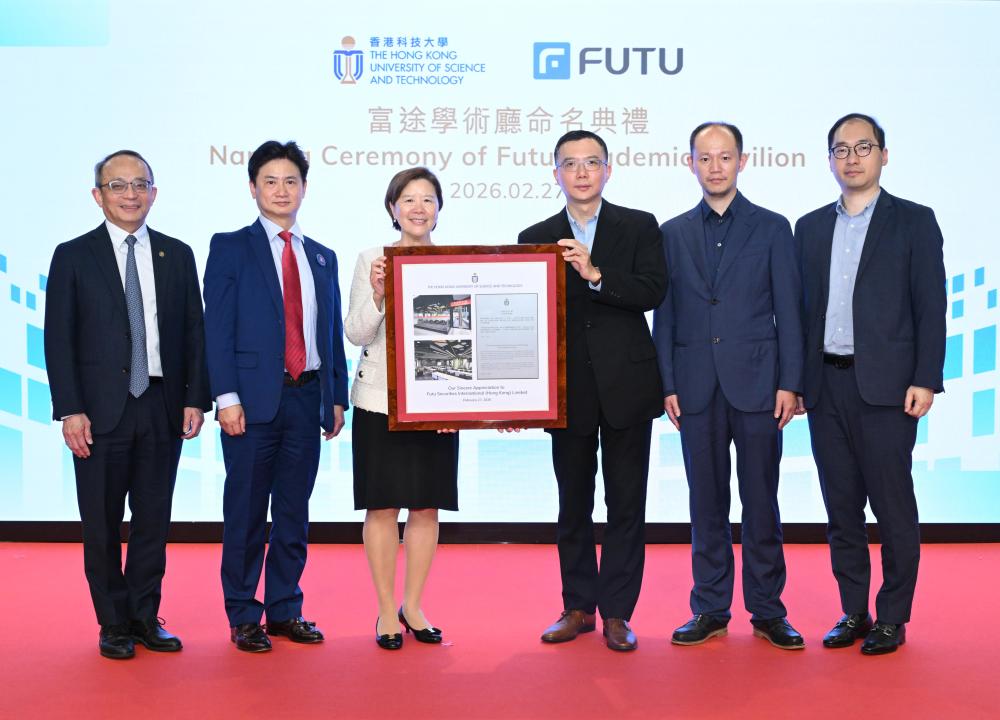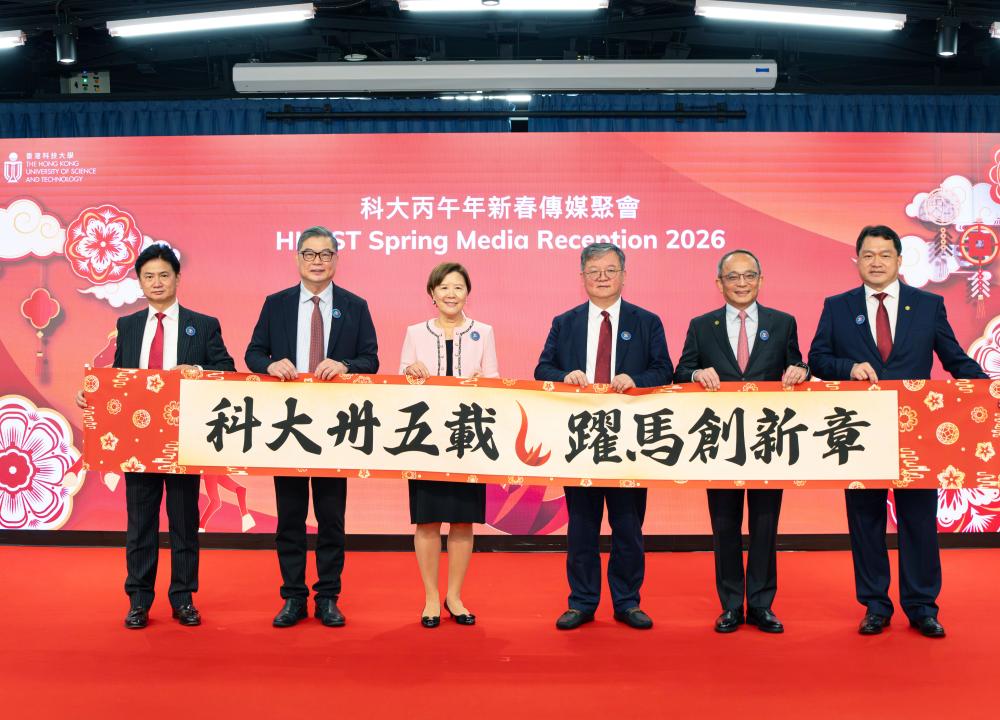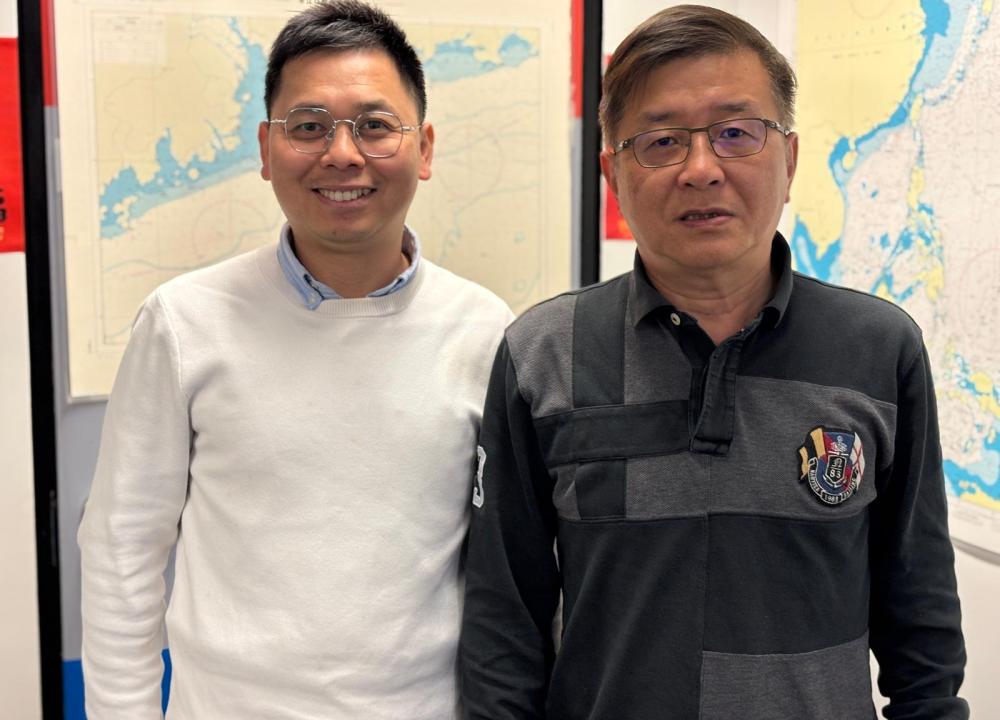Creativity as a 21st Century Metaskill
In today’s workplace where many employers favor technical know-how over emotional aptitude, soft skills seem to be less desirable but for Professor Kellee TSAI, Dean of HKUST’s School of Humanities and Social Sciences (SHSS), creativity is deemed to be an essential skill for the future of work.
The world is moving toward automation at speed, today’s cutting edge technology and patents may become obsolete within years, while skills like critical thinking and creativity on the other hand, do not. At a time when AI and other forms of advanced machine learning are gaining prominence, it would be unwise for humans to only focus on mastering abilities that can be easily outsourced to computers, warns Prof. Tsai.
As the oldest child of Taiwanese immigrants in the United States, Prof. Tsai thought of choosing a career in medicine, or perhaps law or investment banking. But she elected to walk down an entirely different path by majoring in political science. “Not because I loved politics or wanted to become a politician, but because I wanted to learn more about other cultures and systems,” Prof. Tsai says. It took time for her to know what she wanted and eventually became an academic; she admits it took her parents time to recognize their daughter’s brilliance in this field, but Prof. Tsai is delighted to say everything eventually worked out.
Prof. Tsai is the first female full professor and the first female Head of the Division of Social Science before becoming the first female Dean of SHSS at HKUST since July 2018. Under her leadership, the SHSS aims to instill graduates with abilities that cannot be replaced by machines, such as weighing grave moral and ethical judgments, or where machines cannot match humans, like creativity. Prof. Tsai says, “Here at HKUST, innovation and entrepreneurship are highly prized, and behind both of these endeavors is creativity.” With technology, we have seen—many times over—that features and functionality alone does not make a product successful. It must be visually attractive and emotionally appealing.
It is for this reason SHSS has teamed up with the Institute of Advanced Study, the School of Engineering and the School of Science to offer joint-programs in technology and media arts, and with the School of Business and Management, a cross-school minor in Psychological Science. “We have seen many instances of how business executives with MBAs fail to lead their organizations to success because they neglect the personal aspects of running a business,” Prof. Tsai remarks—hence the creation of the joint psychology program. The Dean also notes the music composition course is popular with engineering students: this class is the perfect blend of creativity and technology.
“I envision SHSS as the heart and soul of HKUST,” Prof. Tsai states. “This may sound bold for a department in an institution with a name that ends in ‘Science and Technology’, but the values and skills that the SHSS teaches are indeed applicable across the board. With the programs, projects, and activities offered by SHSS, every HKUST student has the opportunity to equip themselves with additional dimensions to their toolkit, tools that other science and engineering graduates elsewhere may not have.”
The SHSS delivers more than 41% of the University’s Common Core requirements, and every single HKUST undergraduate student, regardless of their course of study, will be taught by multiple SHSS faculty members before they graduate.
Prof. Tsai is on the lookout for world-renowned faculty members to hire, but she is not just looking for quality scholarly output and media-savvy professors. “We want to hire professors who get along with other people and add equity to our community,” Prof. Tsai explains. She also wants these top professors to mentor the University’s younger faculty members, especially women professors who can light a path for their junior counterparts.
Prof. Tsai is aiming to strengthen the SHSS’ creative arts capabilities. She comments, “Hong Kong has a lot of homegrown talents, and I can see HKUST playing an important role in nurturing these talents.” One of the department’s signature projects is the Staircase Art series, which provides HKUST students with an amazing opportunity to collaborate with both acclaimed local and foreign artists. In a city where youth are generally discouraged from pursuing the creative arts as a career, Prof. Tsai’s ambition is a stark contrast to traditional thinking.
Prof. Tsai deeply believes in the importance of youth discovering themselves, and doing what is true to them. “I want our students to dare to be curious, to see and explore the world they do not know.” With Prof. Tsai leading the way, Hong Kong and the rest of the world is set to welcome well-rounded HKUST graduates who can tackle different challenges the 21st century throws at them.












